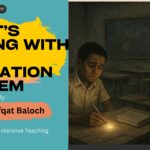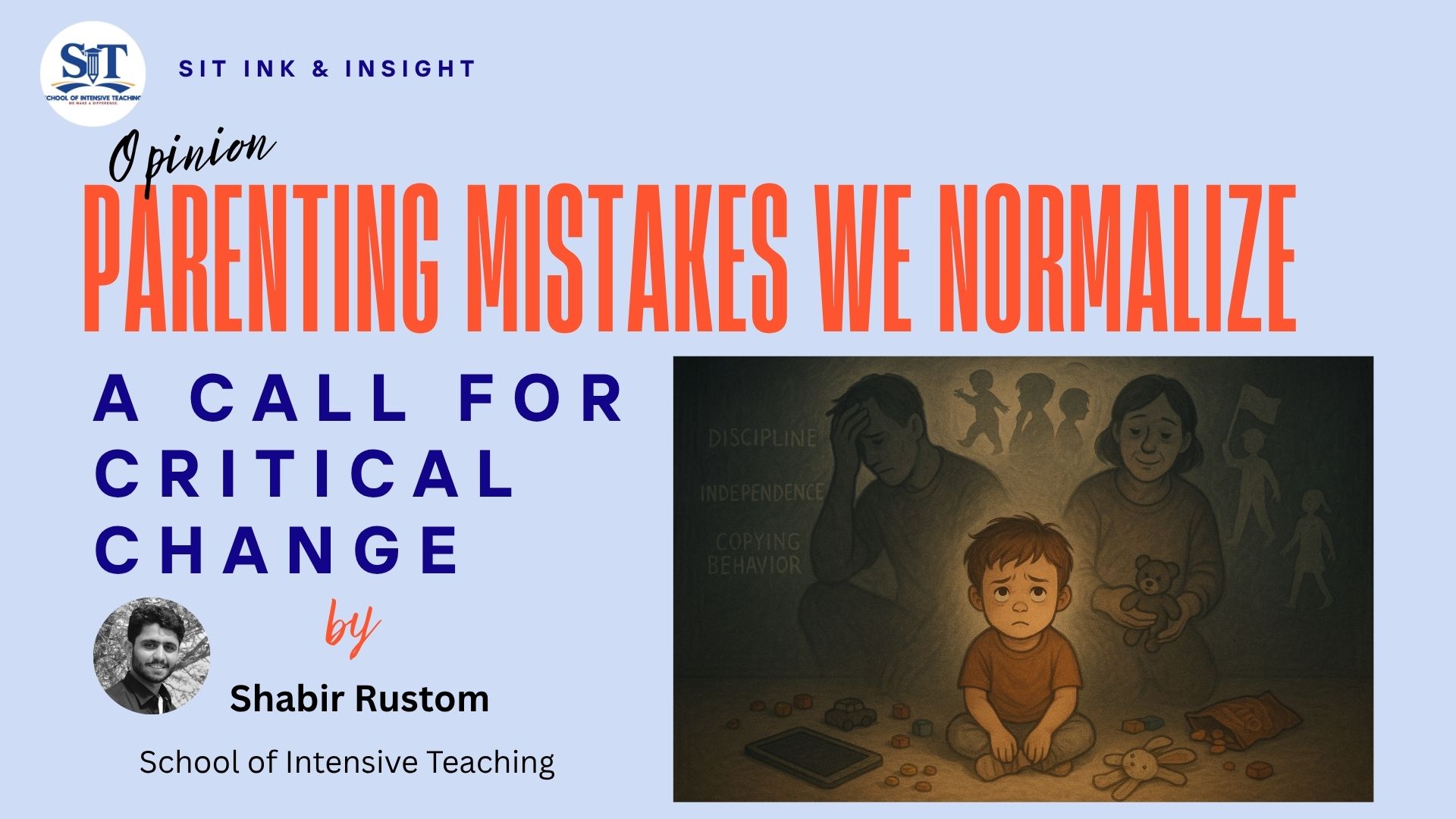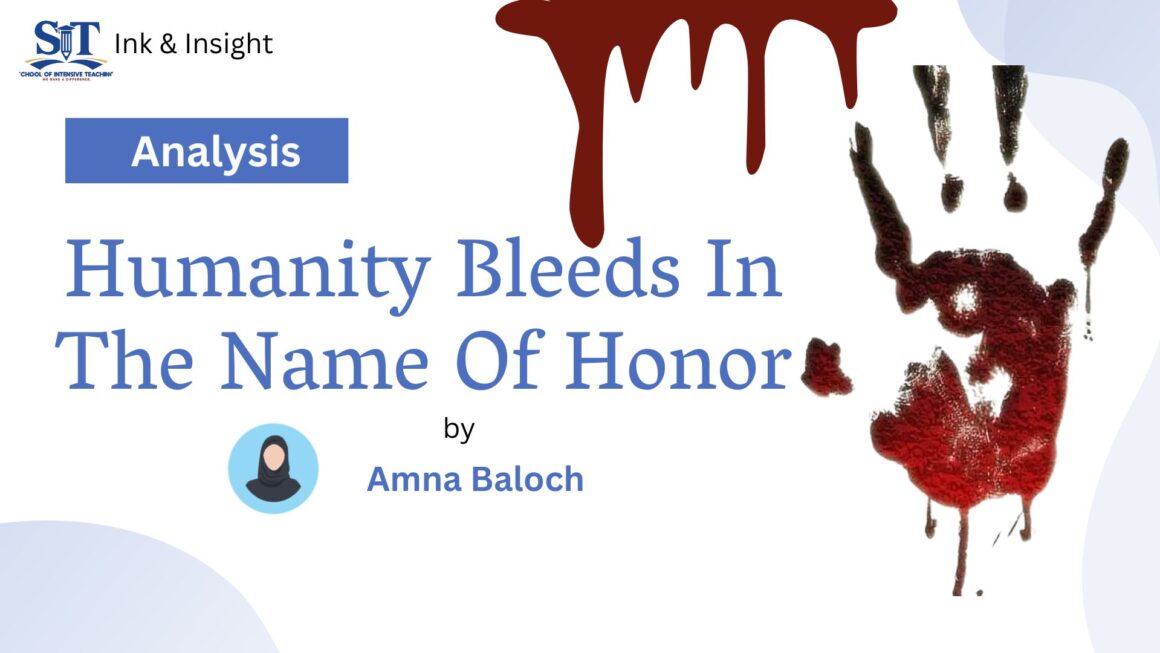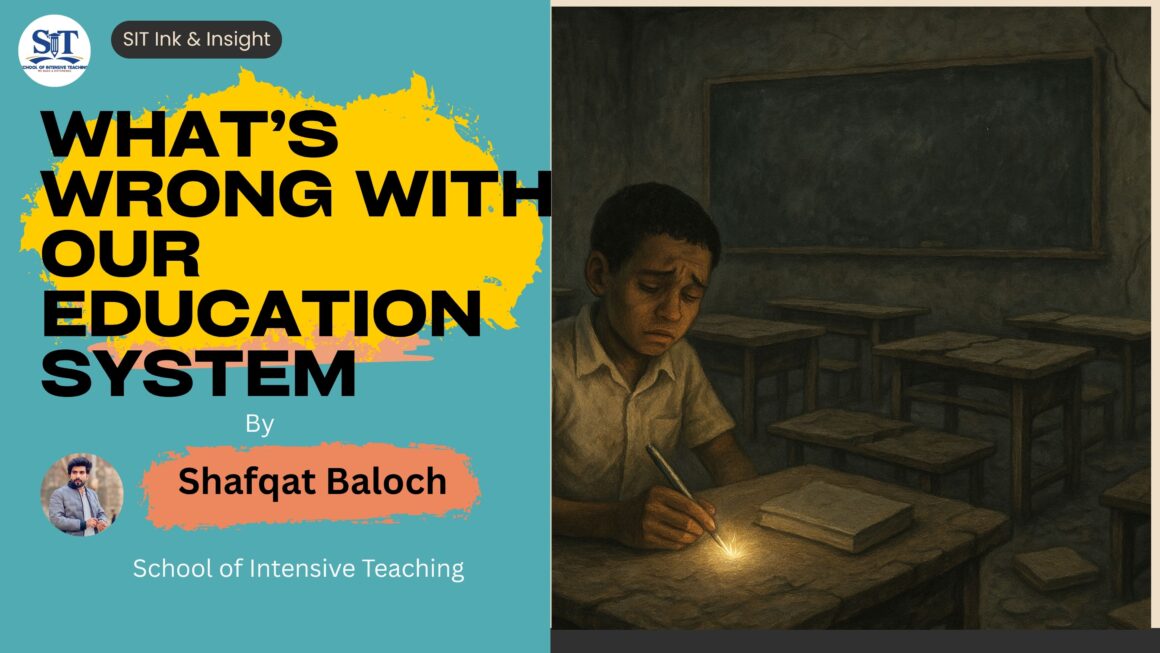Parents remain the first culprits of bringing wildness into children’s behavior, as children of the present day are often out of control despite numerous suggestive statements. After multiple struggles, today’s parents usually find themselves with their heads in their hands, feeling like failures. However, unconditional parental love and the provision of early independence are the primary reasons behind this.
Expressing emotions in front of children has put parenting in a weak state. The irregularity in parenting has led the youth to a position where, intentionally, they cannot be part of heavy schedules. Most importantly, the parent command value has reached a dilapidated standard. Since early childhood, parents have adopted a loving and non-resistive parental morphology in front of their children. Now, when the child has crossed the mental and social growth stage, they, for sure, avoid giving proper attention to either suggestive statements or punishments of any kind. On this stage, when parents feel children are out of control, basically, they have grown mature in their environment, and here, suggestive statements make them say, ‘Don’t guide me as I am not a child, ‘ plus punishment makes them rebellious.
Critical and concerning parenting is not fulfilling all the desires of children immediately, but instead making the child realize the value of self-independence.
Once a child grows mature, they count all those suggestive statements that made their childhood, critiques on their ego. According to Maria Montessori, a child goes through three developmental stages, growing specific areas in each stage.
• From birth to six years is the period of the absorbent mind, when the minor child has no sense of right and wrong.
• From six to twelve years, when children begin to be conscious of right and wrong in terms of their own and others’ actions, a sense of moral consciousness is formed, which leads to group and social values.
• From twelve to eighteen, when the adolescent develops a love of country and a sense of national identity.
Comparing the parenting approach of our society with the teaching methods of Maria Montessori, our societal parenting typically begins when the child has progressed through all three stages of growth. From birth to six years, parents should strive to make children independent; likewise, they should teach them how to hold a spoon, dress themselves, and put on shoes. Introducing children to these works will help them realize the concept of liberty. In later life, children will not wait for others to do their job, as from the first stage, their minds have accepted self-performance. Secondly, when the second stage starts, the most conscious step parents should take is not to break discipline, such as getting angry, telling lies, shouting, and criticizing another person in front of children, as children, in this stage, are first conscious of right and wrong, second, they are still copying people around them. Therefore, instead of engaging in bad activities, perform those works that will not bring you down and benefit your children for tomorrow.
Related Post from the Author:
From Wedding Bells to Death Knells: A Tragic Wedding Story
Correcting a child for overdoing something wrong is a false concept, as whatever is being done is not the child but is you, the parents. Because you shouted at the child, he copied; you got angry, he copied, and you kept sleeping till late hours of the morning, he copied. You should be corrected, not the child, as the child came to your home when he didn’t know how to speak, eat, talk, and most importantly, he had a good habit of early wake-ups in the morning, but since he saw you, he became a late sleeper and an order passer.
Parents who make their child overly supportive will render the child self-supportless. To make the child strong enough for further life, parents should hide parental support from children. When children experience the compassion of their parents, they will become strong visionaries. As students, during the challenging times of study, we recall our parents’ and family’s status, as well as the hopeful faces of family members at the time of departure to another city for further studies. Those who saw a need for support, hopes for siblings to be educated, and a father to be freed from the family’s financial burdens, will put all their might into being well-educated and becoming a family pillar.
In contrast, students who receive a large number of credits in accounts, left free from family concern and told to relax in life, will become vision-distracted individuals. Because parents have not left a single thing that hinders the child from sleeping, socializing with friends, spending a lot of time at lunch, and being involved in irrelevant activities. Most of you might oppose my ideas, arguing that if parents avoid supporting their children, then they won’t be able to claim credit for being good parents. Yes, I agree! However, as parents, you must prepare your children to be good parents tomorrow, as parenting is not about fulfilling the child’s demands, but rather about making the child capable of fulfilling their demands themselves. This is called authentic and critical parenting. Therefore, parents should not give their children too much independence too early. Here, by independence, I mean fulfilling all the demands asked of the child, without looking after them, as to where they go and what they do. Wrong parenting is the root cause of developing irresponsible, criminal, and sick-behaved citizens. Parents who collect appreciative parental credits snatch the relevant time from their children to grow plus become responsible parents and citizens. Critical and concerning parenting is not fulfilling all the desires of children immediately, but instead making the child realize the value of self-independence. Finally, parents should not become weak in front of parental love and should always hide their reactions from children. Your reactions, either positive or negative, leave negative consequences on your child.
About the Author:

Shabir Rustom
SIT Hub AlumnusShabir Rustam is a SIT alumnus and a member staff. He is currently enrolled in University of Karachi in BS Education. He tweets @ShabirRustam












